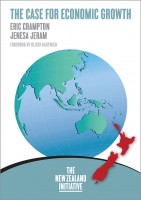
The Case for Economic Growth
Why should policy focus on economic growth? The Case for Economic Growth provides the New Zealand Initiative’s answer. Read more

You searched Publications for "" and got 264 results

Why should policy focus on economic growth? The Case for Economic Growth provides the New Zealand Initiative’s answer. Read more

In early 2014, there had been strong hints in the media that the next general election was likely to take place in September and so the team of The New Zealand Initiative was looking forward (well, sort of) to a very long, dragged out election campaign. Well, we decided to counter the political noise of the upcoming election campaign with our own campaign: The Campaign for Economic Literacy. Read more
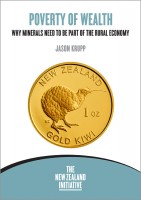
This report, the first in a two-part series, seeks to examine the factors that prevent greater mineral extraction in New Zealand, a business model that could help stem some of the economic pressures faced by many of the country's rural regions. The key findings of Poverty of Wealth are that: Rural New Zealand is in decline Economic growth is concentrated in urban areas, particularly Auckland, Wellington and Christchurch, whereas seven of the rural regions recorded negative economic growth in the year ending March 2013, and a further two recorded flat growth. Read more
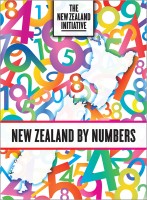
New Zealand by Numbers is a collection of statistical data on the development of the state of our nation. It shows how New Zealand has changed over the past decades. Read more
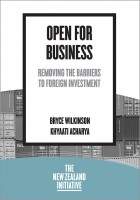
This is the third and final report in The New Zealand Initiative’s series on New Zealand’s global financial links. The second report in the series, Capital Doldrums, found that New Zealand stands out in international comparisons for the restrictiveness of its regulatory regime and the slump it its ranking for investment attractiveness. Read more
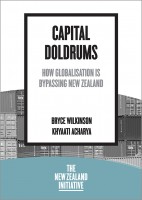
Openness to the rest of the world through trade and capital is key to the prosperity of nations. Merchandise world trade has grown much faster than world GDP since 1980, but not as fast as global foreign direct investment (FDI). Read more
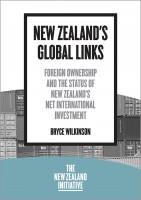
New Zealand has depended on overseas trade and capital for its prosperity from colonial times. But prejudice against foreigners and foreign capital will always be with us. Read more
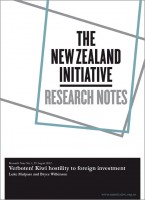
Key points As measured by the OECD's FDI Regulatory Restrictiveness Index and analysed by The New Zealand Initiative: New Zealand has the sixth most restrictive FDI regime in the world New Zealand has the most restrictive FDI regime in manufacturing New Zealand runs the third-most restrictive FDI regime in restaurants and hotels Almost all of New Zealand's restrictiveness comes from screening processes - bureaucrats and ministers assessing how 'good' an investment is going to be for New Zealand, despite their poor incentives and lack of commercial knowledge. Of the 55 countries the OECD measured for FDI restrictiveness, 35 do not even have screening tests In addition: The 'sensitive land' and 25% ownership clauses in the Overseas Investment Act catch virtually any reasonably sized direct overseas investment Over the past 15 years, many other nations have substantially liberalised their overseas investment regimes, leaving New Zealand in a less competitive position to attract FDI Since 1993, the amount of FDI New Zealand attracts has trended down by 2% per decade, although the relationship is suggestive rather than robust at this point All New Zealanders can be expected to bear the cost of these foreign investment barriers through lower property values, a higher cost of capital, and weaker economic growth. Read more
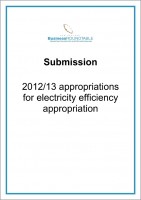
A joint submission by the Major Electricity Users’ Group and the New Zealand Business Roundtable on the 2012-13 appropriations for electricity efficiency appropriation. Read more
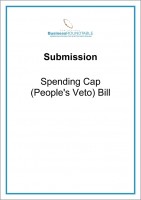
A submission on the Spending Cap (People's Veto) Bill to require a voter referendum to approve any real per capita increase in core Crown operating spending and proposed strengthening measures. Read more